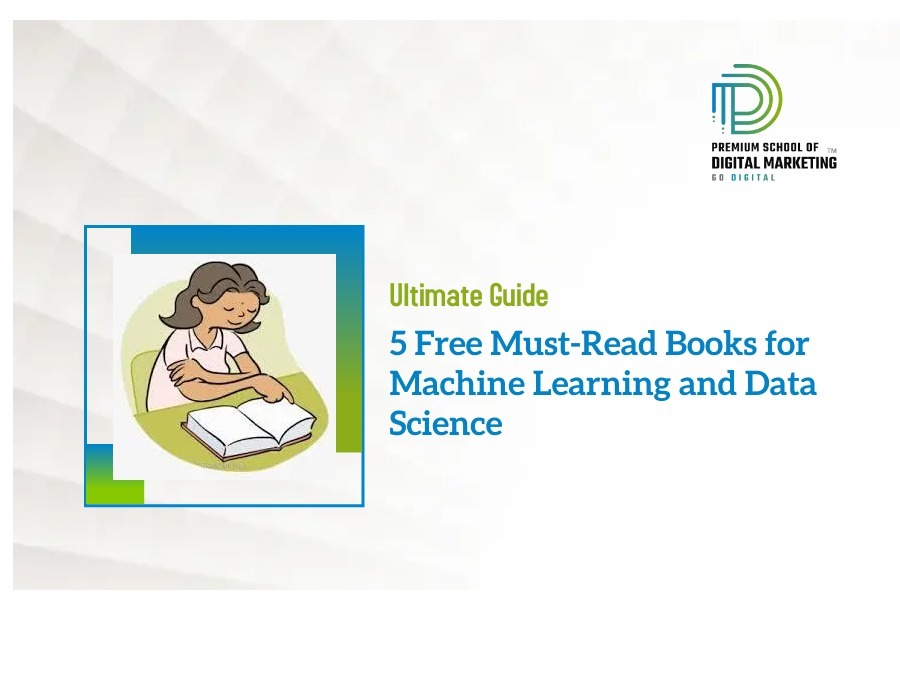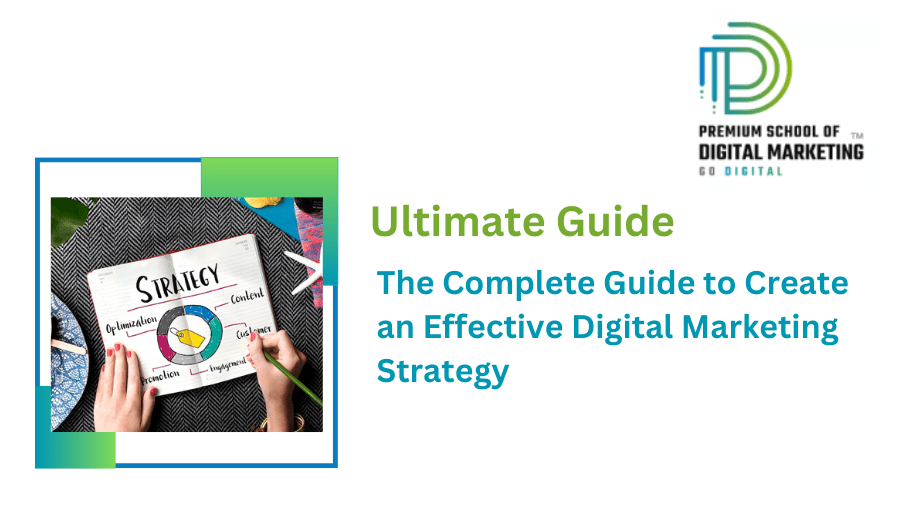
Table of Contents


Machine Learning is the study of algorithms that allow computers to learn from data and make predictions about the future.
Machine Learning is the study of algorithms that allow computers to learn from data and make predictions about the future.
The science of Machine Learning has offered breakthroughs in many industries, including healthcare, IT, and marketing.
There are plenty of real-life use cases for Machine Learning. When you upload a photo to your social media account or order a product online, machine learning is already being used so that you don’t get spammed with advertisements for similar products.
It’s not just the advancement of AI that will shape the future but also how we apply machine learning in our daily lives.
Machine Learning is a subset of Data Science. Machine Learning deals with finding patterns in data, while Data Science tries to find meaning in the data.
Machine Learning is an application of the broader field of Artificial Intelligence that focuses on predictive analysis, while Data Science encompasses all aspects of information processing including predictive analytics, but also builds statistical models and applies artificial intelligence techniques to get insight into the potential future state.
“With the rise of digital marketing, it’s important to have a solid understanding of how to best use it. Our Digital Marketing Institute will teach you everything you need to know about digital marketing. From Facebook ads to SEO, we’ll give you the knowledge and skills to be successful in this industry. Below are some of the cities where you can find classroom training.”
Digital Marketing Courses in Vashi
Digital Marketing Courses in Pune
Digital Marketing Courses in Ahmedabad
Digital Marketing Courses in Indore
Data science also includes more traditional subfields such as statistics, machine learning and computer science which are used to process and analyze digital information in order to extract useful insights that can be applied to solving real-world problems.
1. Python Data Science Handbook
By Jake Vanderplas
The book introduces the core libraries essential for working with data in Python: particularly I Python, NumPy, Pandas, Matplotlib, Scikit-Learn, and related packages. Familiarity with Python as a language is assumed; if you need a quick introduction to the language itself, see the free companion project, A Whirlwind Tour of Python: it’s a fast-paced introduction to the Python language aimed at researchers and scientists.
Neural Networks and Deep Learning is a free online book. The book will teach you about:
Neural networks and deep learning currently provide the best solutions to many problems in image recognition, speech recognition, and natural language processing. This book will teach you many of the core concepts behind neural networks and deep learning.
Think Bayes is an introduction to Bayesian statistics using computational methods.
The premise of this book, and the other books in the Think X series, is that if you know how to program, you can use that skill to learn other topics.
Most books on Bayesian statistics use mathematical notation and present ideas in terms of mathematical concepts like calculus. This book uses Python code instead of math, and discrete approximations instead of continuous mathematics. As a result, what would be an integral in a math book becomes a summation, and most operations on probability distributions are simple loops.
This is a work in progress, which I will add to as time allows. The purpose behind it is to have a balance between theory and implementation for the software engineer to implement machine learning models comfortably without relying too much on libraries. Most of the time the concept behind a model or a technique is simple or intuitive but it gets lost in details or jargon. Also, most of the time existing libraries would solve the problem at hand but they are treated as black boxes and more often than not they have their own abstractions and architectures that hide the underlying concepts. This book’s attempt is to make the underlying concepts clear.
During the past decade, there has been an explosion in computation and information technology. With it has come vast amounts of data in a variety of fields such as medicine, biology, finance, and marketing. This book describes the essential ideas in these areas in a common conceptual framework.
Article credit: www.kdnuggets.com





Machine Learning is the study of algorithms that allow computers to learn from data and make predictions about the future.
Machine Learning is the study of algorithms that allow computers to learn from data and make predictions about the future.
The science of Machine Learning has offered breakthroughs in many industries, including healthcare, IT, and marketing.
There are plenty of real-life use cases for Machine Learning. When you upload a photo to your social media account or order a product online, machine learning is already being used so that you don’t get spammed with advertisements for similar products.
It’s not just the advancement of AI that will shape the future but also how we apply machine learning in our daily lives.
Machine Learning is a subset of Data Science. Machine Learning deals with finding patterns in data, while Data Science tries to find meaning in the data.
Machine Learning is an application of the broader field of Artificial Intelligence that focuses on predictive analysis, while Data Science encompasses all aspects of information processing including predictive analytics, but also builds statistical models and applies artificial intelligence techniques to get insight into the potential future state.
“With the rise of digital marketing, it’s important to have a solid understanding of how to best use it. Our Digital Marketing Institute will teach you everything you need to know about digital marketing. From Facebook ads to SEO, we’ll give you the knowledge and skills to be successful in this industry. Below are some of the cities where you can find classroom training.”
Digital Marketing Courses in Vashi
Digital Marketing Courses in Pune
Digital Marketing Courses in Ahmedabad
Digital Marketing Courses in Indore
Data science also includes more traditional subfields such as statistics, machine learning and computer science which are used to process and analyze digital information in order to extract useful insights that can be applied to solving real-world problems.
1. Python Data Science Handbook
By Jake Vanderplas
The book introduces the core libraries essential for working with data in Python: particularly I Python, NumPy, Pandas, Matplotlib, Scikit-Learn, and related packages. Familiarity with Python as a language is assumed; if you need a quick introduction to the language itself, see the free companion project, A Whirlwind Tour of Python: it’s a fast-paced introduction to the Python language aimed at researchers and scientists.
Neural Networks and Deep Learning is a free online book. The book will teach you about:
Neural networks and deep learning currently provide the best solutions to many problems in image recognition, speech recognition, and natural language processing. This book will teach you many of the core concepts behind neural networks and deep learning.
Think Bayes is an introduction to Bayesian statistics using computational methods.
The premise of this book, and the other books in the Think X series, is that if you know how to program, you can use that skill to learn other topics.
Most books on Bayesian statistics use mathematical notation and present ideas in terms of mathematical concepts like calculus. This book uses Python code instead of math, and discrete approximations instead of continuous mathematics. As a result, what would be an integral in a math book becomes a summation, and most operations on probability distributions are simple loops.
This is a work in progress, which I will add to as time allows. The purpose behind it is to have a balance between theory and implementation for the software engineer to implement machine learning models comfortably without relying too much on libraries. Most of the time the concept behind a model or a technique is simple or intuitive but it gets lost in details or jargon. Also, most of the time existing libraries would solve the problem at hand but they are treated as black boxes and more often than not they have their own abstractions and architectures that hide the underlying concepts. This book’s attempt is to make the underlying concepts clear.
During the past decade, there has been an explosion in computation and information technology. With it has come vast amounts of data in a variety of fields such as medicine, biology, finance, and marketing. This book describes the essential ideas in these areas in a common conceptual framework.
Article credit: www.kdnuggets.com


